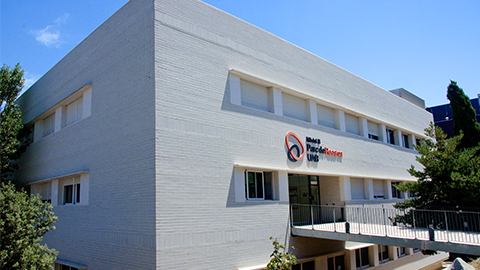
Mauro Santos: Evolvability and learning
What role does the Baldwin effect play in evolution? By Baldwin effect I refer to a turn-of-the-twentieth-century idea cogently described by Maynard Smith as follows: “If individuals vary genetically in their capacity to learn, or to adapt developmentally, then those most able to adapt will leave most descendants, and the genes responsible will increase in frequency. In a fixed environment, when the best thing to learn remains constant, this can lead to the genetic determination of a character that, in earlier generations, had to be acquired afresh in each generation”. The Baldwin effect involves two transitions: the first has to do with the evolutionary value of phenotypic plasticity or some particular form of plasticity such as learning; the second with the genetic accommodation of the learned trait.
Some of the towering figures in the Modern Synthesis were either indulgent with the theoretical plausibility of the Baldwin effect or utterly hostile towards it, recommending to discard this concept altogether. However, although at present there appears to be no clear empirical evidence for Baldwin effects, several authors have called for a radical revision of the consensus view and argued that much evolution involves genetic accommodation. Much of the recent excitement with the Baldwin effect stems from a seminal paper published by Geoffrey Hinton and Steven Nowlan in the late 1980s. After discussing this paper, I show that their conclusion is generally incorrect and that the claim that the Baldwin effect is “no longer a controversial wrinkle in orthodox neo-Darwinism” remains as unwarranted today as it was during the Modern Synthesis.
Speakers
-
Mauro Santos


